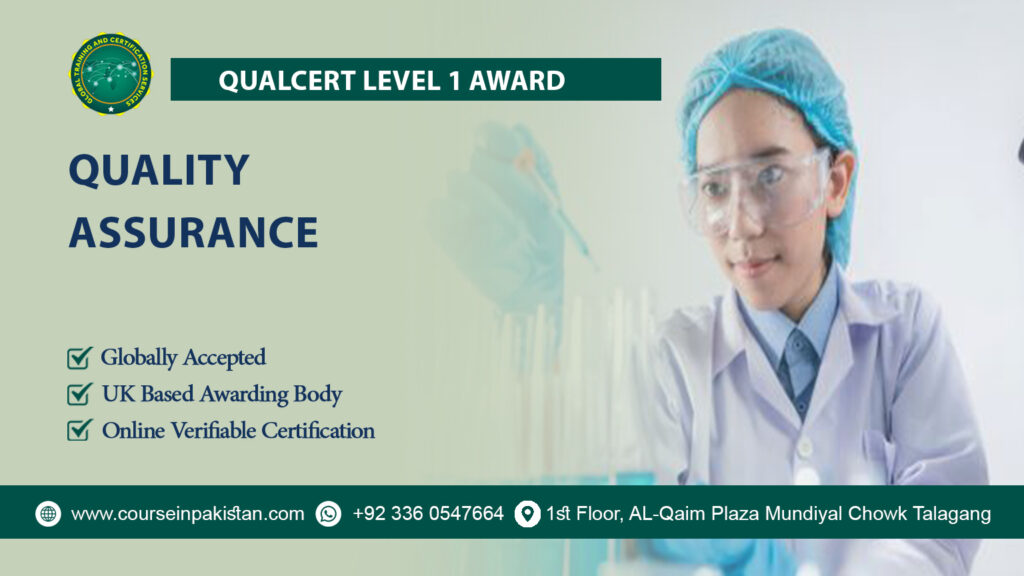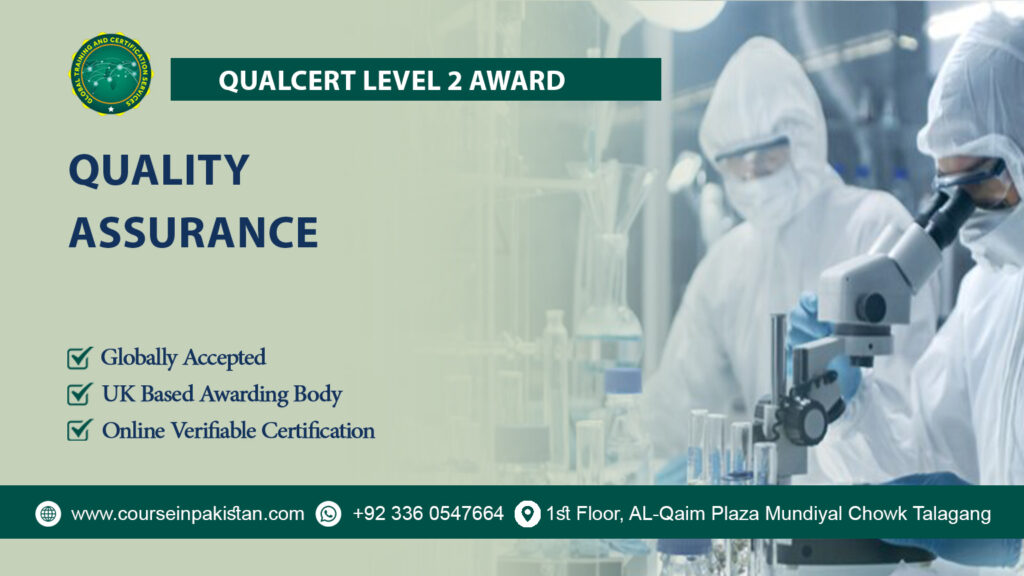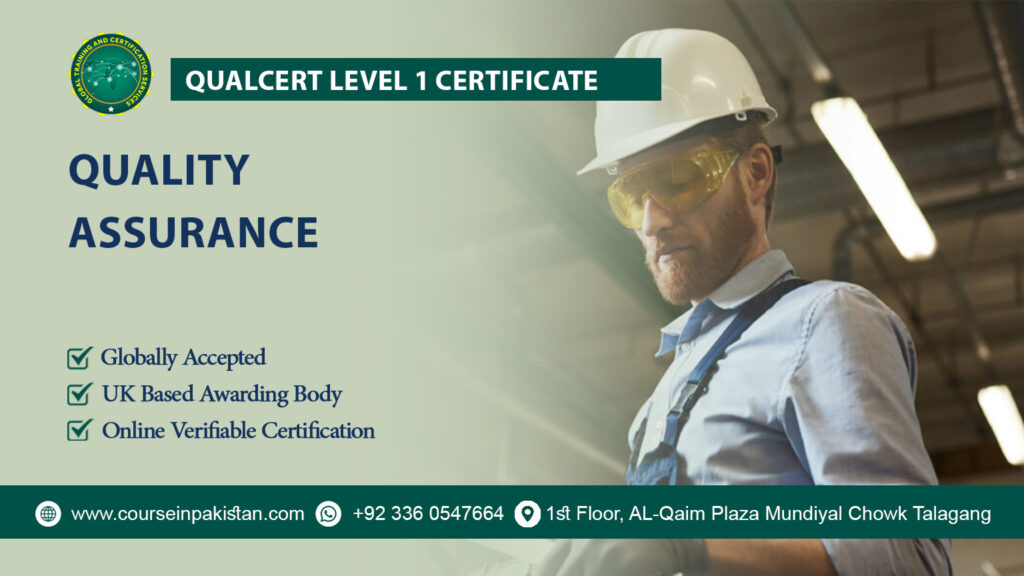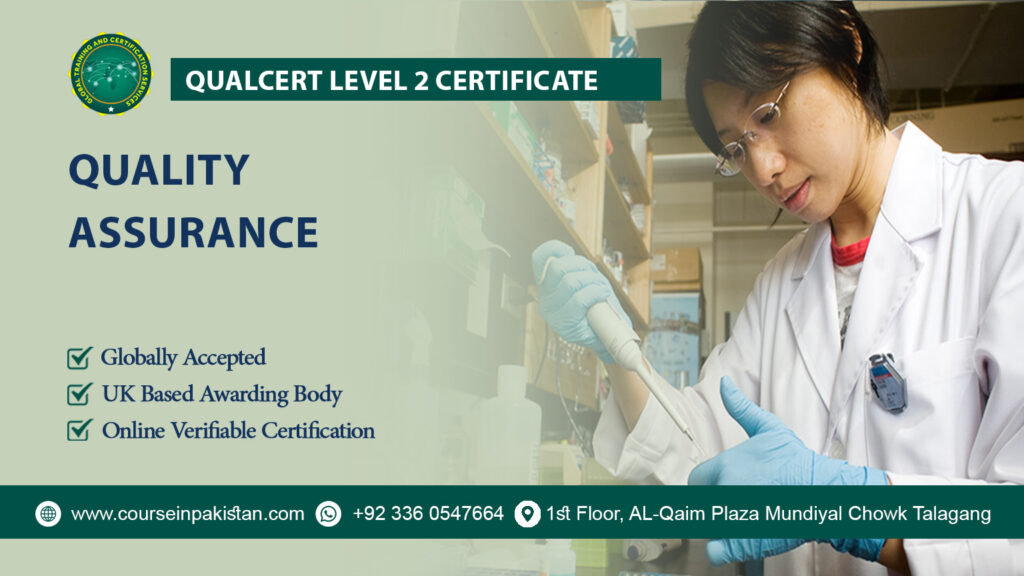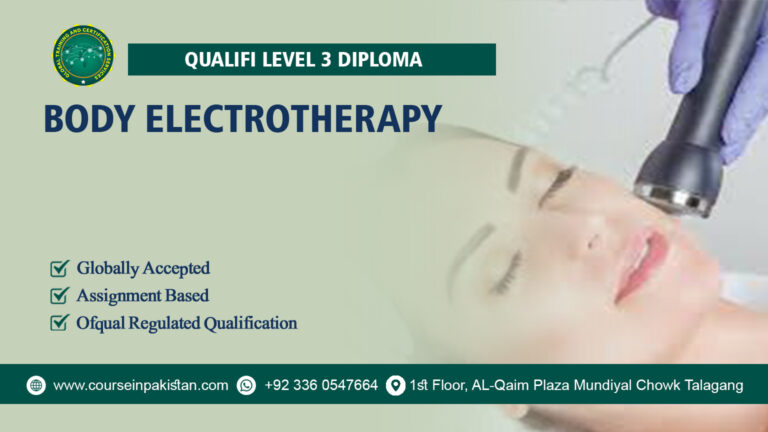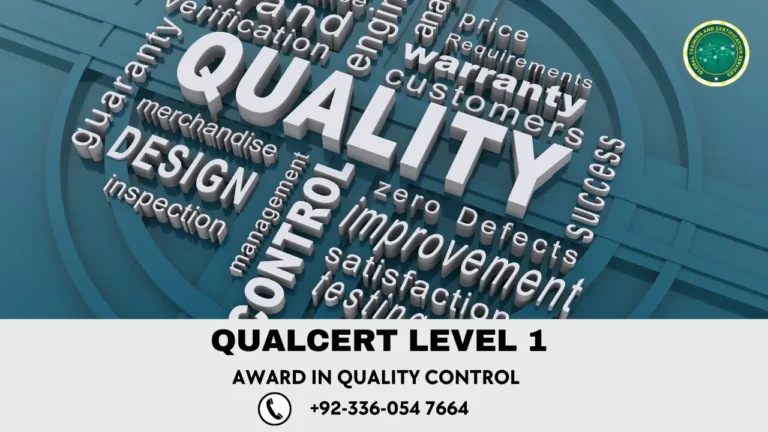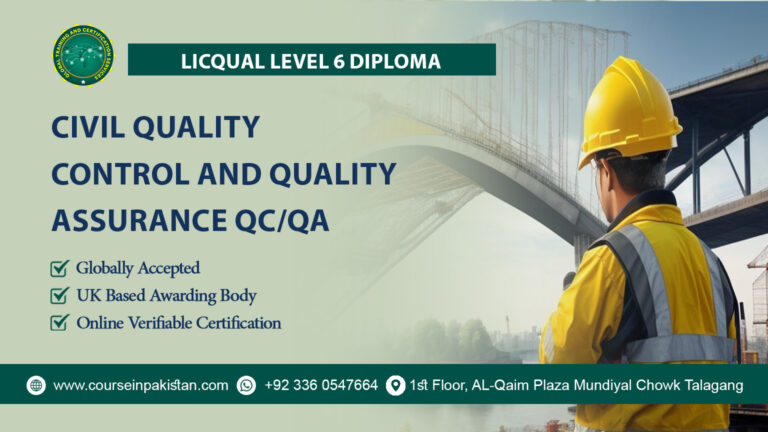In today’s competitive business environment, ensuring the quality of products and services is a critical factor for success. Industries ranging from manufacturing and construction to pharmaceuticals and IT rely heavily on effective quality management systems. This is where Quality Control (QC) and Quality Assurance (QA) come into play, and enrolling in a QC/QA course can pave the way for a successful, future-proof career.
What is a QC/QA Course?
A Quality Control / Quality Assurance (QC/QA) course is a professional training program that provides learners with the knowledge and tools to implement, manage, and evaluate quality standards across various industries. While the two concepts are often mentioned together, they serve different functions.
- Quality Control (QC) focuses on detecting defects in the final product through inspection and testing.
- Quality Assurance (QA) emphasizes process improvements to prevent defects from occurring in the first place.
Key Topics Covered in a QC/QA Course:
- ISO Standards (e.g., ISO 9001)
- Statistical Process Control (SPC)
- Root Cause Analysis (RCA)
- Internal and External Auditing
- Quality Tools and Techniques (e.g., 5S, Six Sigma)
- Documentation, Standard Operating Procedures (SOPs), and Risk Management
Difference Between Quality Control and Quality Assurance
| Aspect | Quality Control (QC) | Quality Assurance (QA) |
|---|---|---|
| Definition | Identifies and corrects defects in final output | Prevents defects by improving systems and procedures |
| Focus | Product-oriented | Process-oriented |
| Approach | Reactive (post-production) | Proactive (pre-production and ongoing) |
| Methods Used | Inspection, testing, defect detection | Standardization, process audits, training |
| Responsibility | Inspectors, QC team | Management, QA team, auditors |
| Timing | At the final stage of production | Throughout the production or service lifecycle |
Importance of QC/QA in Key Industries
Civil, Electrical, and Mechanical Engineering
- Ensuring Safety and Compliance
- In civil engineering, QC/QA ensures the structural integrity of buildings, roads, and bridges.
- In electrical systems, quality assurance reduces the risk of electrical hazards.
- In mechanical systems, it helps prevent equipment failure and increases system reliability.
- Improving Quality of Work and Products
- Ensures proper material selection, accurate measurements, and reliable performance.
- Helps meet both local and international quality benchmarks.
- Reducing Costs and Minimizing Waste
- Early detection of errors reduces the need for costly rework.
- Efficient quality practices lead to fewer breakdowns and delays.
- Enhancing Customer Satisfaction and Reputation
- Delivering high-quality results boosts client confidence.
- Helps companies maintain credibility and avoid legal disputes.
- Meeting Regulatory Requirements
- Complies with standards such as ISO, IEC, and ASME.
- Essential for bidding on government and international contracts.
Why Enroll in a Quality Control / Quality Assurance Course?
Pursuing a QC/QA course opens up various career paths and provides skills that are in high demand across multiple sectors.
Key Benefits:
- Develop expertise in global quality standards.
- Gain access to opportunities in local and international job markets.
- Improve your chances of promotion into supervisory or managerial roles.
- Enhance your earning potential with recognized certification.
Industries That Hire QC/QA Professionals
Trained QC/QA professionals are essential to quality-driven operations across numerous sectors:
- Construction and Civil Engineering
- Electrical and Mechanical Engineering
- Manufacturing and Industrial Production
- Oil and Gas Industry
- Healthcare and Pharmaceuticals
- Food and Beverage Processing
- Information Technology and Software Testing
Career Opportunities After QC/QA Course in Pakistan
With Pakistan’s industrial sector expanding rapidly, there is a growing need for certified QC/QA professionals.
Major Industries Hiring:
- Textile and Garment Manufacturing
- Construction and Real Estate Development
- Pharmaceutical and Chemical Production
- Oil, Gas, and Petrochemical Industries
- Food Processing and Packaging
- Automotive and Heavy Machinery
Common Job Roles:
- Quality Control Inspector
- Quality Assurance Analyst
- ISO Internal Auditor
- Compliance Officer
- Quality Engineer
- QC/QA Supervisor
These roles not only offer stability in the local market but also prepare individuals for opportunities abroad in countries like Saudi Arabia, UAE, Qatar, Canada, the UK, USA, and Australia.
Benefits of QC/QA in Professional Development
- Learn to identify and eliminate inefficiencies.
- Strengthen your knowledge of compliance and regulatory frameworks.
- Gain problem-solving and analytical skills.
- Improve the overall quality culture within an organization.
- Contribute to sustainability through waste reduction and continuous improvement.
Frequently Asked Questions (FAQs)
What is the eligibility to join a QC/QA course?
Basic education in science, engineering, or related fields is usually sufficient. Some certifications require prior work experience.
Are QC/QA courses available online?
Yes, many institutions offer flexible online and hybrid options with globally recognized certifications.
Do QC/QA certifications help in international job markets?
Absolutely. Certifications that follow ISO or international standards are recognized by employers worldwide.
A Quality Control / Quality Assurance (QC/QA) course is more than just a qualification—it’s a gateway to a rewarding and globally recognized career. Whether you’re working in engineering, healthcare, manufacturing, or IT, mastering QC and QA practices will make you an indispensable asset to any organization.
By investing in professional quality training today, you position yourself for a future filled with opportunity, growth, and success in the world of quality management.

